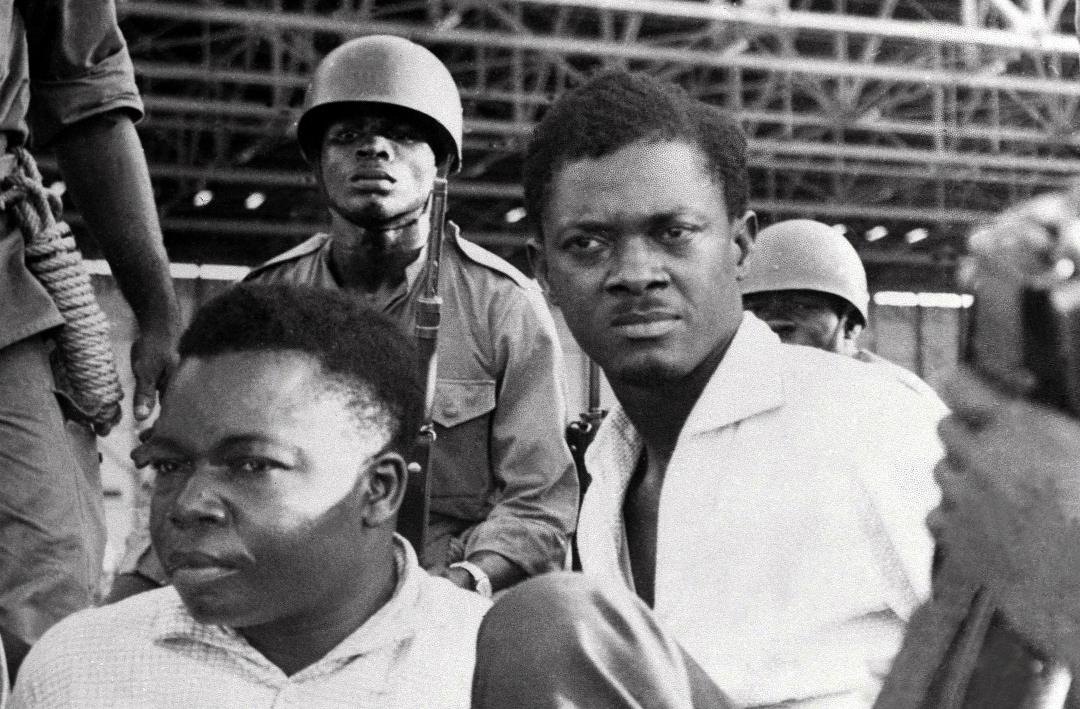Andrée Blouin (1921–1986) was a central figure in the struggles for decolonization that swept Africa in the 1950s and ’60s, nicknamed “the Black Pasionaria.” Born under French colonial rule in what is now the Central African Republic, she became active in the independence struggles of several African countries. In this extract from her memoir, My Country, Africa, now available from Verso Books, she discusses the challenges faced by Patrice Lumumba, Congo’s first prime minister, for whom she worked before he was overthrown in a US-backed military coup and later murdered.
The burden that Patrice Lumumba, prime minister of the Republic of the Congo, assumed was an awesome one. On his young, slim shoulders — he was then thirty-four years old — rested the heavy weight of a country of six provinces containing 14 million souls speaking three principal languages — Lingala, Swahili, and Kikongo — and an uncounted number of dialects.
He inherited a scene set for disaster. Government officials and businesspeople were resigning. People in the professions were leaving en masse. The Belgians had not trained replacements. There were few people in any field who were capable of taking responsibility. The workforce was made up only of copying clerks, blue-collar workers, and laborers. The most basic services began to go to pieces. As the Belgians had hoped.
In Léopoldville, on the eve of independence, out of a population of 350,000, there were at least 100,000 unemployed. This number was to swell “miraculously” at the proclamation of independence, and the people demanded “work and a good salary, at once.” How was the new government to wave a magic wand and, within two days after the…
Auteur: Andrée Blouin

